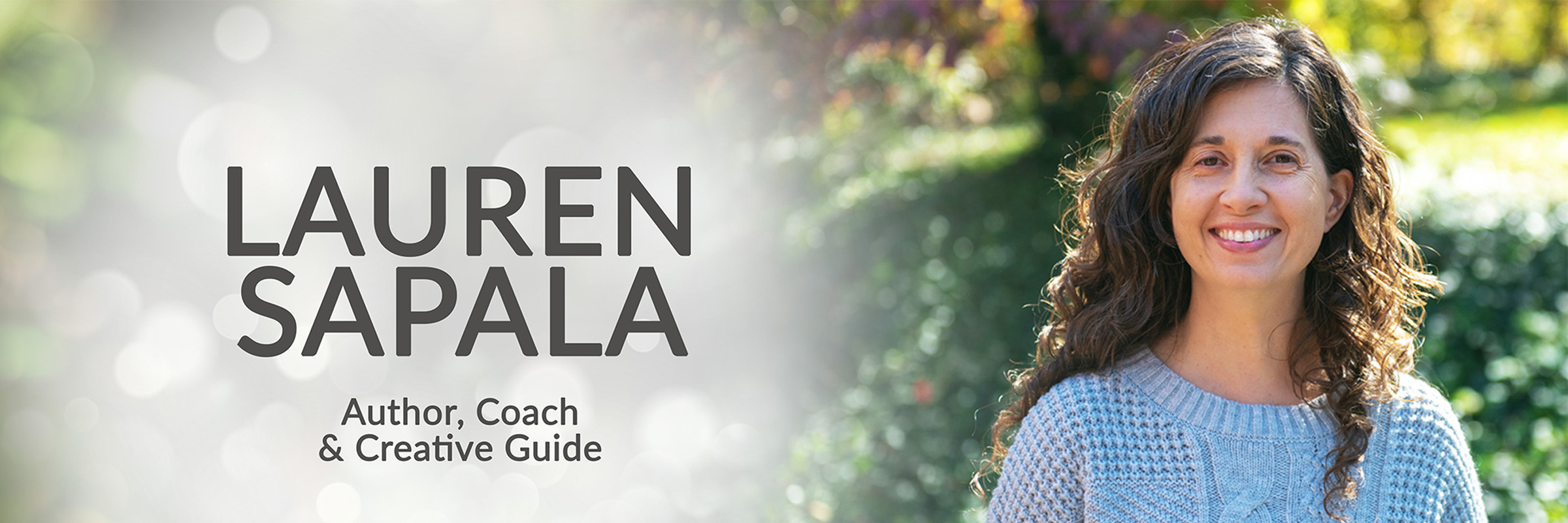
Many writers who have gone through trauma in their lives reach a point where they feel called to write about what they’ve experienced. But getting started can be extremely difficult. Obviously, it’s hard to revisit past traumatic events, but writers struggle with writing about trauma in other ways too.
Whenever we’ve gone through a healing journey in our lives, we’ve also gone through a huge transformation. The trauma we experienced pushed us to grow and change, and it’s not always easy to write about these changes, or explain them to other people. As a result of our experience with trauma, we may have worked on healing old issues, old ideas about our identity, and old limiting belief systems. The healing journey is never over, but we do get to a place where we realize we’ve experienced so much that could help others.




